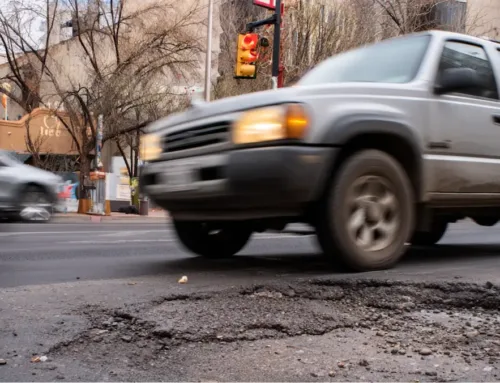According to the New Mexico Bureau of Geology and Mineral Resources, the oil and gas industry is one of the largest private sector employers in the state. 23,000 people are employed in the oil industry. The oil and natural gas industries are a significant part of the New Mexico economy, bringing in over $1.2 billion each year.
With so many New Mexicans employed in such an important industry, accidents are bound to happen. Severe injuries, and even death, are more likely because of the inherent risks of working in oil and gas extraction. In 2017, 69 people died while on the job at a well site or other related activity.
What Causes Oil Field Injuries?
Oilfield work is some of the hardest out there. It requires working with heavy machinery, tools, and equipment and locations that are inherently more dangerous than working in an office. Even a small amount of negligence on the part of the company or crew can have devastating consequences. Some examples of negligence that may occur while working in the oil and gas industry include:
- Mechanical failure
- Lack of proper equipment inspection and maintenance
- Inexperienced or untrained workers
- Lack of safety protocol, training, or escape routes
- Poor supervision and management
- Unsafe operation of vehicles
- Reckless or impaired driving
- Defective or faulty tools and equipment
- High pressure in a well or pipeline
- Blowouts and explosions
What types of injuries might occur?
One of the most common injuries for an oil or gas extraction worker is a slip and fall. Oil is a very slick substance. Having oil on the ground or coating machinery can make it easy to slip or fall. Broken bones, bruises, and lacerations are all very real possibilities. These types of injuries can make it difficult for you to work while you recover. They also might have significant medical costs.
Amputations are also a significant risk. Arms, hands, and feet can get caught in machinery. This kind of injury leaves you unable to work.
Gas poisoning and exposure to harmful chemicals is also a common injury. Hydrogen sulfide, mercury, silica, underground gases, and even radioactive materials have all been found at well sites. Prolonged exposure to these substances can lead to nausea, unconsciousness, long-term breathing problems, cancer, or even death.
Less common, but serious, electrocution, crush injuries, and burns are all possibilities. Wells under high pressure or blowouts may cause fire or explosions. Many of the chemicals used during oilfield work conduct electricity if exposed to an electrical current from cut or damaged wires. Heavy equipment and tools can be moved by the force of explosions or blowouts, crushing anyone in their path.
What do I do if I’m injured on an oilfield?
OSHA has guidelines that require employers are required to provide a safe work environment and do all they can to mitigate risks. The nature of the oil and gas extraction industry makes it difficult to always have a completely safe working environment. If you are injured, your first step should be getting any medical care that you need. You will also need to file a report of the injury with your employer.
Because there are so many things that can go wrong while working on an oilfield, it’s important to have someone who can help you determine the cause and responsibility for your accident. If your employer failed to correct problems in the field, and you were injured because of it, you should consult a lawyer to help you with a workers compensation claim. You might also have grounds to file a civil suit. Only a skilled New Mexico oilfield accident attorney will know how best to recover costs for your medical bills, pain and suffering, and economic losses from being unable to work.



